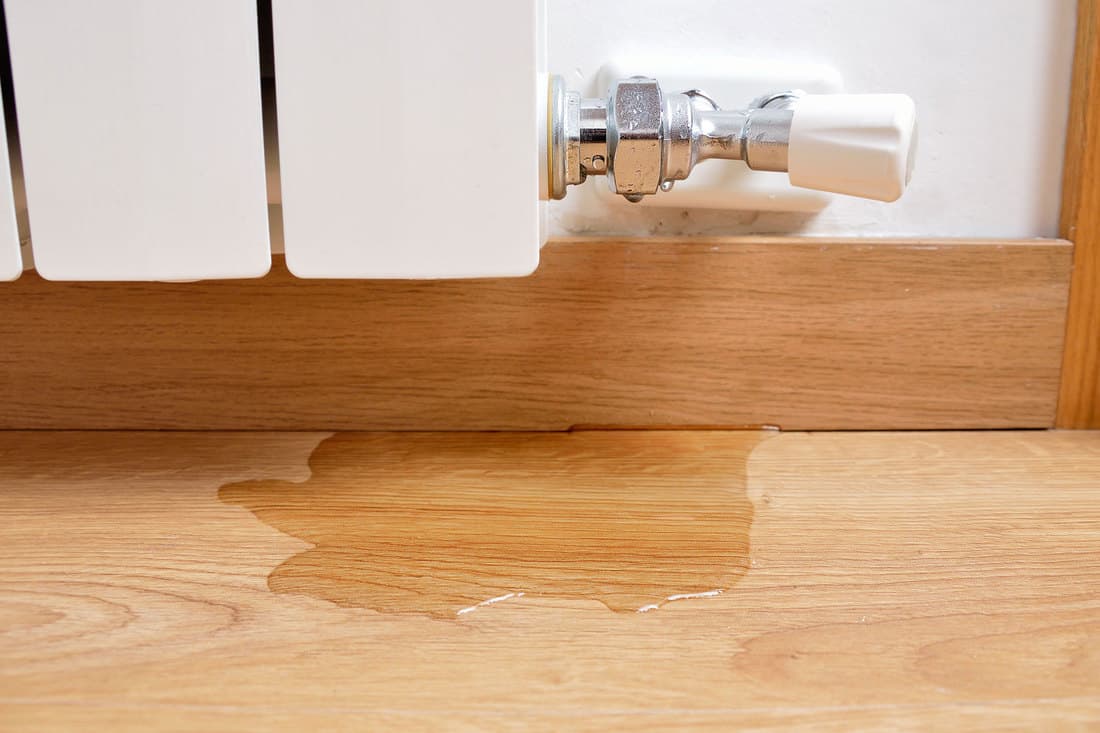Introduction:
A leaking shower is not only an inconvenience but can also pose a significant threat to the structural integrity of your home. When that leak starts making its way through the floor, it’s a cause for immediate concern. In this comprehensive guide, we will delve deeper into the various aspects of a shower leaking through the floor, providing a detailed understanding of the causes and effective solutions to rectify the issue.
1:Identifying the Source of the Leak
To effectively address a leaking shower, the first crucial step is to pinpoint the source of the leak. Leaks can originate from a variety of places, including the shower pan, grout lines, or even the plumbing.
A thorough inspection of the shower area will help in identifying the specific location where water is infiltrating.
2:Checking the Shower Pan
The shower pan, responsible for collecting and directing water to the drain, is a common culprit for leaks. Inspect the pan meticulously for any signs of cracks, holes, or general deterioration.
If damage is detected, repairing or replacing the shower pan becomes imperative to prevent further leakage and potential damage to the floor.
3: Inspecting Grout and Caulk Lines
Cracked or deteriorating grout and caulk lines can create pathways for water to escape the shower enclosure and seep through the floor.
Regularly check these areas for any gaps or damage, and reapply grout or caulk as needed to maintain a watertight seal.
4: Evaluating Plumbing Connections
A leaking shower through the floor may indicate underlying plumbing issues. Inspect the pipes, fittings, and fixtures for any visible leaks or loose connections. Tighten connections or replace faulty parts promptly to prevent ongoing water escape.
5: Addressing Tile and Sealant Issues
The tiles and sealants in the shower play a critical role in preventing water penetration. Cracked tiles or damaged sealants compromise the integrity of the enclosure.
Replace any damaged tiles and reseal the area to ensure a robust and watertight seal.
6: Dealing with Subfloor Damage
If water has already breached the subfloor, prompt action is necessary. Replace any water-damaged subfloor materials and ensure the affected area is thoroughly dried before making repairs.
This step is crucial to preventing future structural issues and the development of mold.
FAQs:
Q1: Can I fix a leaking shower myself?
A1: Yes, many common shower leaks can be fixed by homeowners. Identify the source of the leak and follow appropriate repair steps, or seek professional help if needed.
Q2: How can I tell if the leak is coming from the shower pan?
A2: Inspect the shower pan for visible cracks, holes, or deterioration. If you find any damage, the shower pan may be the source of the leak.
Q3: Is a leaking shower a sign of plumbing issues?
A3: Yes, a leaking shower can indicate plumbing problems. Check for leaks in the plumbing connections, pipes, and fixtures.
Q4: Can damaged tiles cause a shower leak through the floor?
A4: Yes, cracked or damaged tiles, as well as compromised sealants, can allow water to penetrate the shower enclosure and reach the floor.
Q5: What should I do if I discover water damage in the subfloor?
A5: Address subfloor damage promptly by replacing any water-damaged material. Ensure the area is thoroughly dried before making repairs.
Q6: How can I prevent future shower leaks through the floor?
A6: Regularly inspect and maintain your shower, addressing any issues promptly. Ensure proper installation of the shower pan, tiles, and sealants.
Q7: When should I seek professional help for a leaking shower?
A7: If you’re unable to identify or fix the source of the leak, or if the damage is extensive, it’s advisable to seek professional assistance.
Conclusion:
In conclusion, a leaking shower through the floor is a multifaceted issue that demands immediate attention. By systematically identifying and addressing the source of the leak, homeowners can not only prevent further damage but also maintain the structural integrity of their homes. Regular maintenance and vigilance remain paramount in preventing future shower leaks and ensuring a secure, watertight enclosure. If uncertainties persist, consulting with a professional plumber or contractor will ensure a thorough and effective solution, safeguarding your home from potential water damage.

A group of home improvement enthusiasts and bathroom design experts, combines in-depth knowledge and a shared passion to deliver engaging, informative content that guides readers through the world of bathroom innovation and style.

Leave a Reply